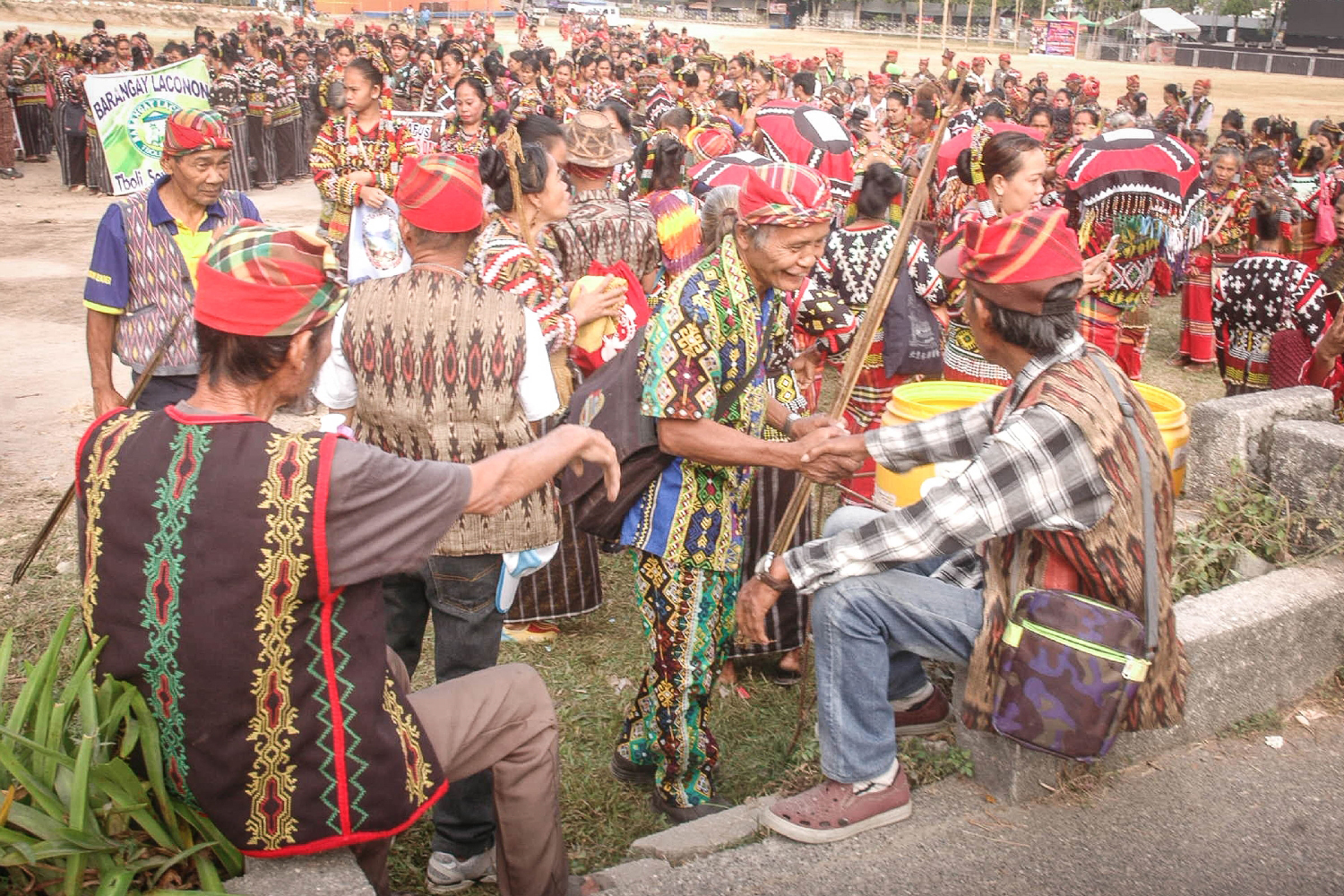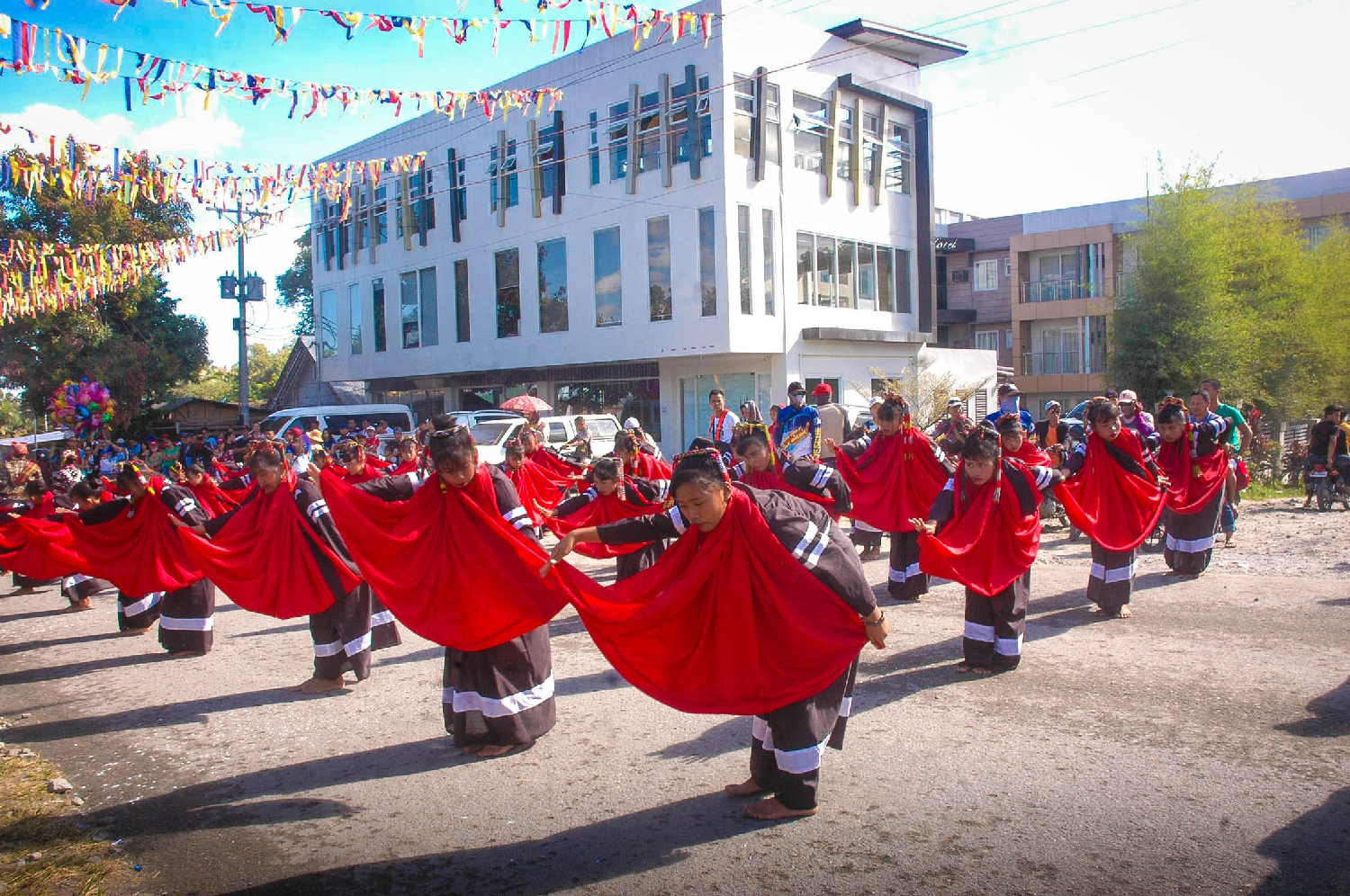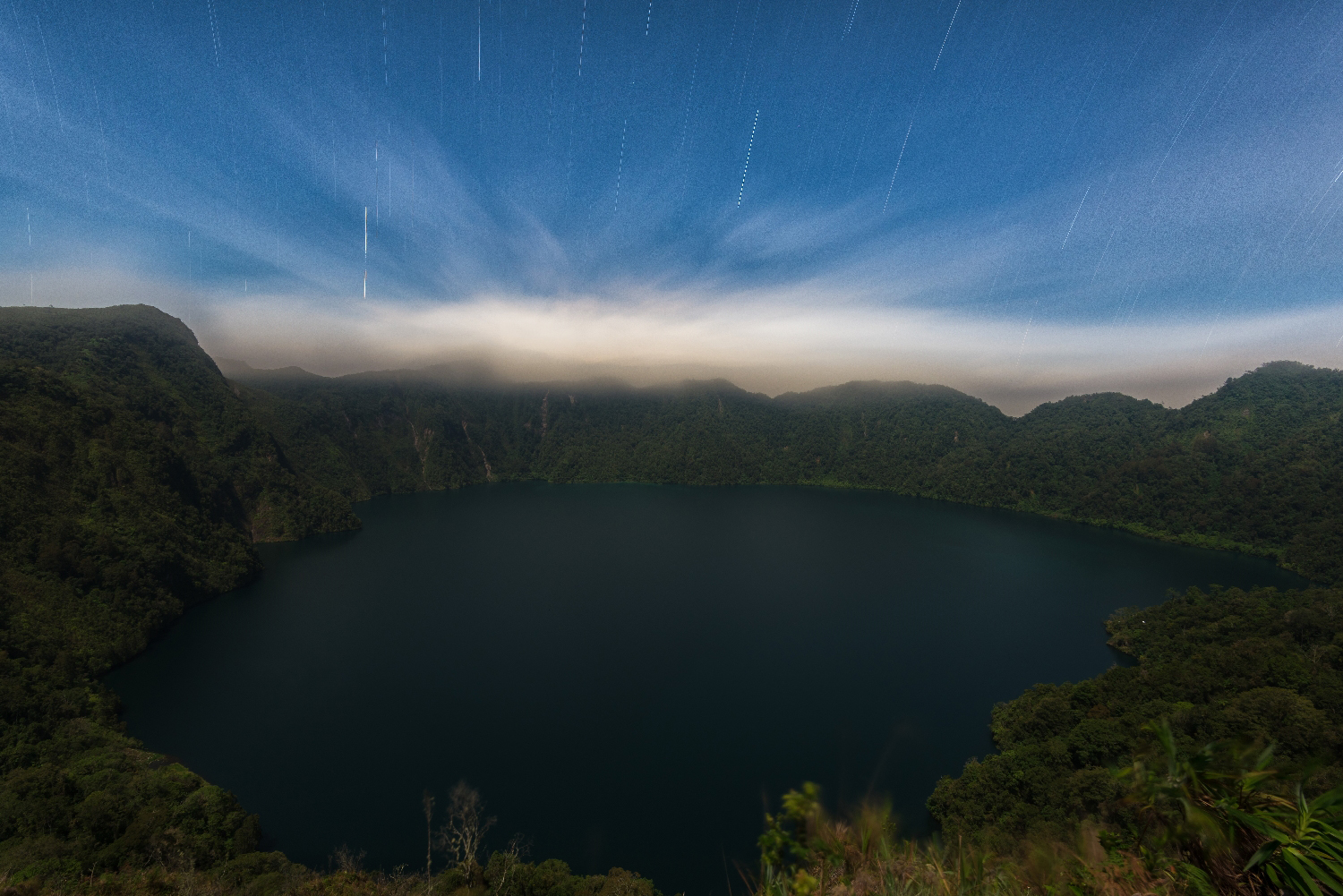Get to know the Tboli town that has successfully sold itself
Community-based tourism has emerged as a pivotal industry
At A Glance
- 'The tourism plan should align with what's in the community; it should reflect the voice of the community. If the community understands, they will participate. They will appreciate what the government offers them.'
By Genory Vanz Alfasain
Tboli is one of the first-class municipalities in South Cotabato. While agriculture and mining form the backbone of its economy, it is the growing tourism sector that truly sets it apart. Home to the enchanting Lake Holon, among other attractions, Tboli has successfully positioned itself as a must-visit destination. Tourism has emerged as a pivotal industry, contributing significantly to the local economy and cultural preservation.
In recent years, the Municipality of Tboli has emerged as a beacon of community-based tourism. Its people take the lead in highlighting the town’s unique destinations, rich culture, and cherished traditions. They are not just inhabitants, but active participants and proud ambassadors of their local heritage.

“I believe in the power of the community. I am convinced that the key to unlocking untapped potential lies within the community itself,” shared Rodel Hilado, the municipal tourism officer of Tboli. “Previously, our focus was primarily on the mining and agricultural industries. Under the Tuan administration, however, we’ve seen a shift toward nurturing the tourism sector, allowing it to flourish.”
In the era before social media revolutionized tourism promotion, Tboli was a relatively unknown town, even to locals in the SOCCSKSARGEN (SOX) region. Its tourism destinations remained largely undiscovered, with most tourists favoring the neighboring Municipality of Lake Sebu, which offered similar ecotourism attractions and was home to the same tribe.
The advent of social media, however, has brought Tboli into the limelight, showcasing its unique attractions to a wider audience.
While many have proposed that Tboli should model its tourism plan after Lake Sebu, the town has remained steadfast in its unique vision.

“Lake Sebu leans more toward commercial investments. In contrast, Tboli is committed to preserving community-based tourism,” explained Hilado. “As you may notice, there are no large restaurants or establishments near our sites. Our focus is on community immersion. Visitors to Tboli don’t just experience the sites—They also get a taste of the culture and traditions of the Tbolis.”
Hilado has been serving in the government sector for over a decade. His unique edge in his role as a tourism officer stems from his background in social work. He is a licensed social worker and an alumnus of Central Philippine University (CPU) in Iloilo City. His academic and professional experiences synergize to enhance his performance in the tourism sector.
“I grew up in the community. My background in the community is so strong,” he said. “We are the only ones who engage in a 100 percent community-based economic scheme in the whole of Region XII. Our investors are our communities. At the end of the day, we have to see that tourism means jobs. We provide jobs to the community. We offer opportunities to the community.”
Upon initiating the opening of their tourism destinations, they prioritized conducting community consultations as an integral part of their tourism readiness strategy. They were adamant about ensuring their people and communities were adequately prepared for tourism development.

Community focused
In LGU Tboli’s tourism projects, the community is an integral part, from inception to completion. He has observed that some projects in the Philippines have failed due to a lack of community involvement. He believes in the power of people and insists on their inclusion in the tourism master plan for a progressive Tboli.
The local government has been instrumental in initiating all aspects, ranging from site development and planning to implementation and regulation. They remain dedicated to their responsibilities, always prioritizing the community’s interests. They also welcome collaborations, such as forming partnerships with other cities in the country to exchange best practices, engaging social media influencers for promotional activities, and seeking support from the Department of Tourism and other government agencies.
Hilado is adamant about ensuring that their plans favor the community. “I have to make a point that our plans are biased toward the community,” he said. “The tourism plan should align with what’s in the community. It should reflect the voice of the community. If the community understands, they will participate. They will appreciate what the government offers them.”
Despite facing hurdles in this journey, particularly in altering the community’s behavior and mindset, Hilado maintains that it is a lengthy process that cannot be expedited. He understands that such transformative changes require time and patience.
The local government showcased various tourism pioneers within their communities, including the Kule Frontlines Association and the Lemsnolon Women’s Association. To empower them with the necessary skills and knowledge for delivering tourism-related services, the tourism office conducted comprehensive training programs.
The local government has also initiated educational campaigns promoting responsible tourism. For instance, each tourist visiting their site is encouraged to plant a tree, symbolizing a personal contribution to the environment. In addition, the local government has enacted municipal ordinances pertinent to tourism. These include the imposition of environmental fees and tourism rates. Notably, they have instituted an annual three-month closure of Lake Holon as a measure for its conservation and protection.
The banner tourism destination
Lake Holon has emerged as the flagship tourism destination of the municipality. It has crafted a distinctive tourism brand narrative that captivates millennials and Gen Z, inviting them to immerse themselves in its marvels.
Lake Holon settled at the crater of Mt. Melibengoy. Situated 1,280 feet above sea level, it covers an area of over 304 hectares. Often characterized as a place of mystery and charm, the lake, which bears a crown-like shape, is believed to have originated from the eruption of a now-inactive stratovolcano on Jan. 4, 1641.
Previously, the lake was referred to as Maughan, and the volcano was named Parker, both monikers derived from two American pilots who tragically crashed their plane in the vicinity during the Second World War.
The local government later changed the lake’s name to Holon, “portal to heaven” in the Tboli language, and renamed the volcano Melibengoy.
It was declared the cleanest inland body of water in the country by the national government in 2003 and 2004. Furthermore, between 2016 and 2017, it was listed among the world’s “Top 100 Sustainable Destinations,” a testament to its commitment to environmental preservation and sustainable tourism.
The Tboli people regard Lake Holon as sacred because they believe it is the dwelling place of their deity, “Fiuwe.” The lake is an ideal spot for adventure seekers as it offers a variety of activities such as trekking, swimming, and kayaking in the lake, as well as cultural immersion with the locals in the indigenous community.
The tourism office promotes Lake Holon as part of a local eco-tourism circuit that includes Lamhaku Hot Spring in Barangay Lamhaku, Hidak Falls and Hikong Kemebel in Barangay Kematu, and Bakngeb River Cave in Barangay Laconon.
Tourism recognitions
The Municipality of Tboli has reached a significant milestone in its tourism program, securing two major awards in the 2023 Pearl Awards by the Association of Tourism Officers of the Philippines (ATOP) held in Boracay Island, Aklan. LGU Tboli was honored as the grand winner for Best Tourism-Oriented Local Government Unit (Municipal Level). This prestigious award underscores the LGU’s dedication to leveraging tourism as a primary catalyst for economic growth and development.
In addition to this, Sitio Kule, known as the “Gateway to the Crown Jewel of the South—Lake Holon,” was recognized as the 1st Runner-up for Best Practices in Community-Based Tourism (Municipal Level).
These accolades serve as a testament to the pivotal role of local government support in enhancing the tourism industry, safeguarding cultural heritage, and promoting community development in the Municipality of Tboli.
Rodel is not just pleased but takes immense pride in contributing to the progress of the Tboli communities. As one of the tourism leaders, he possesses a profound understanding and appreciation for the sanctity of nature and its indigenous inhabitants. His empathy and respect for these elements are truly commendable.